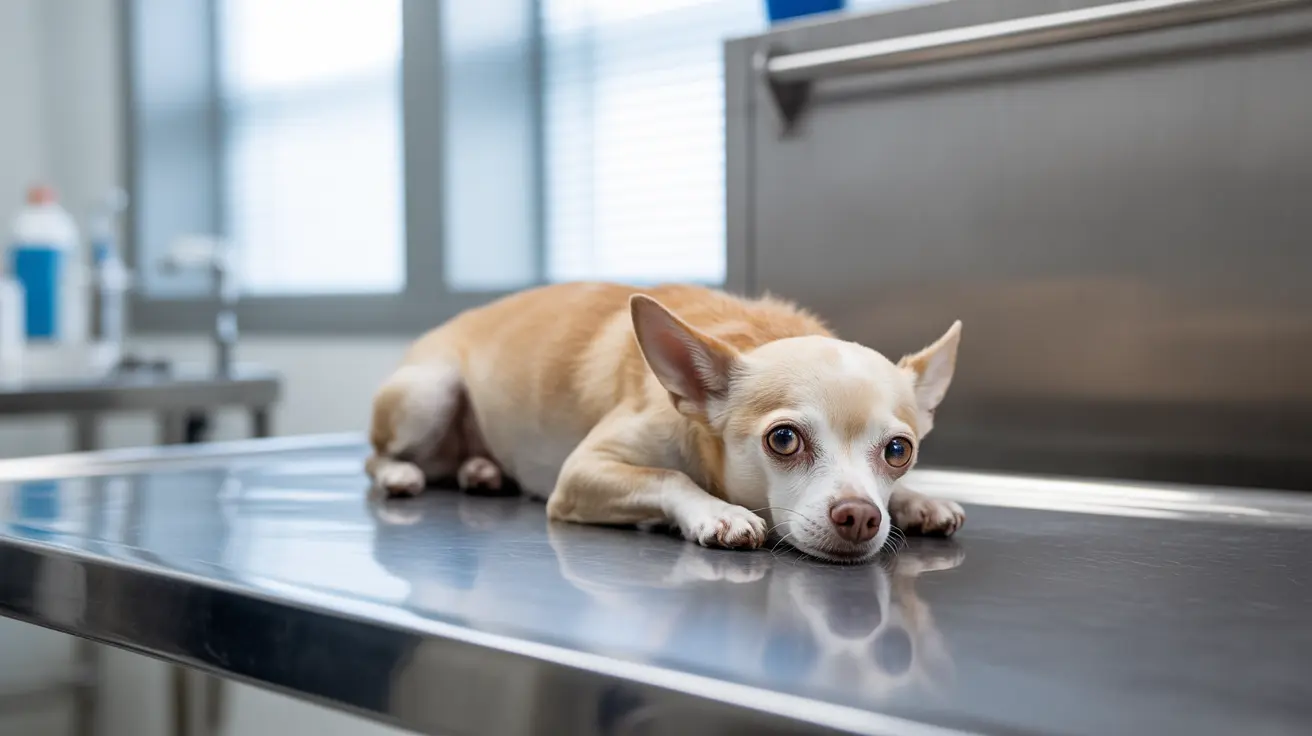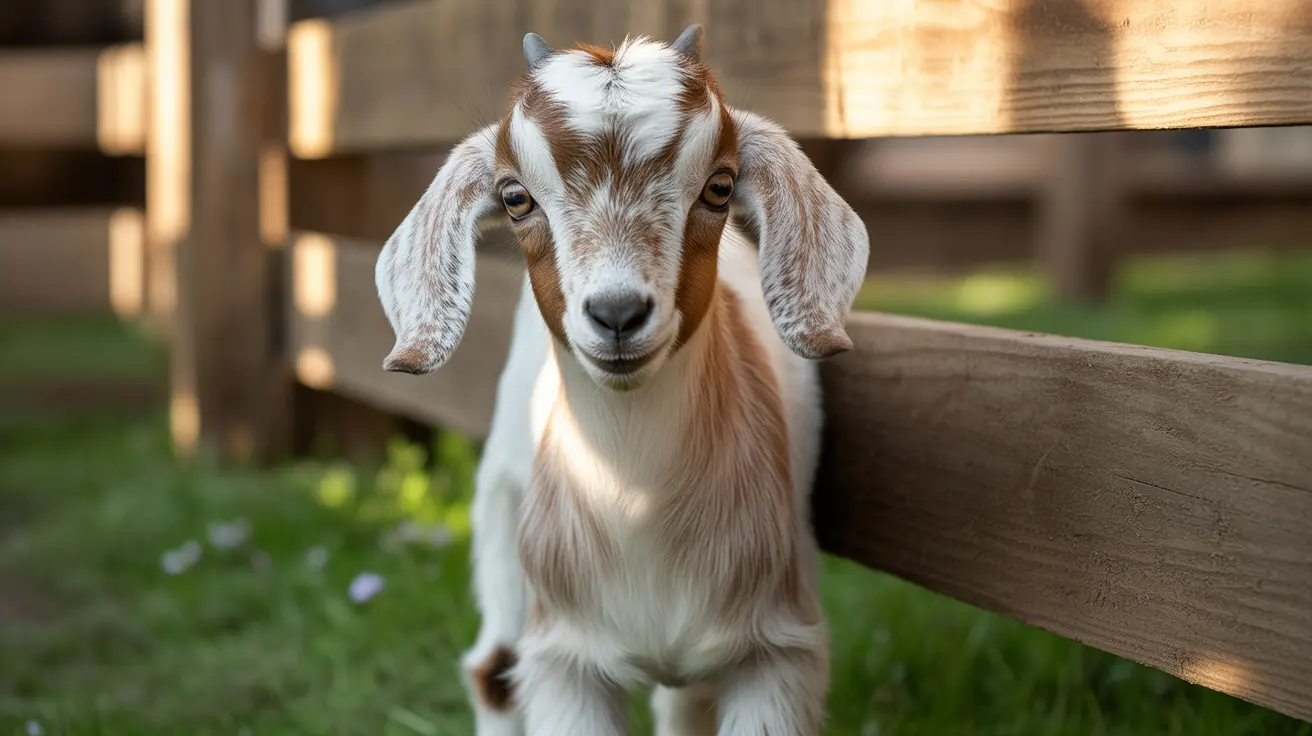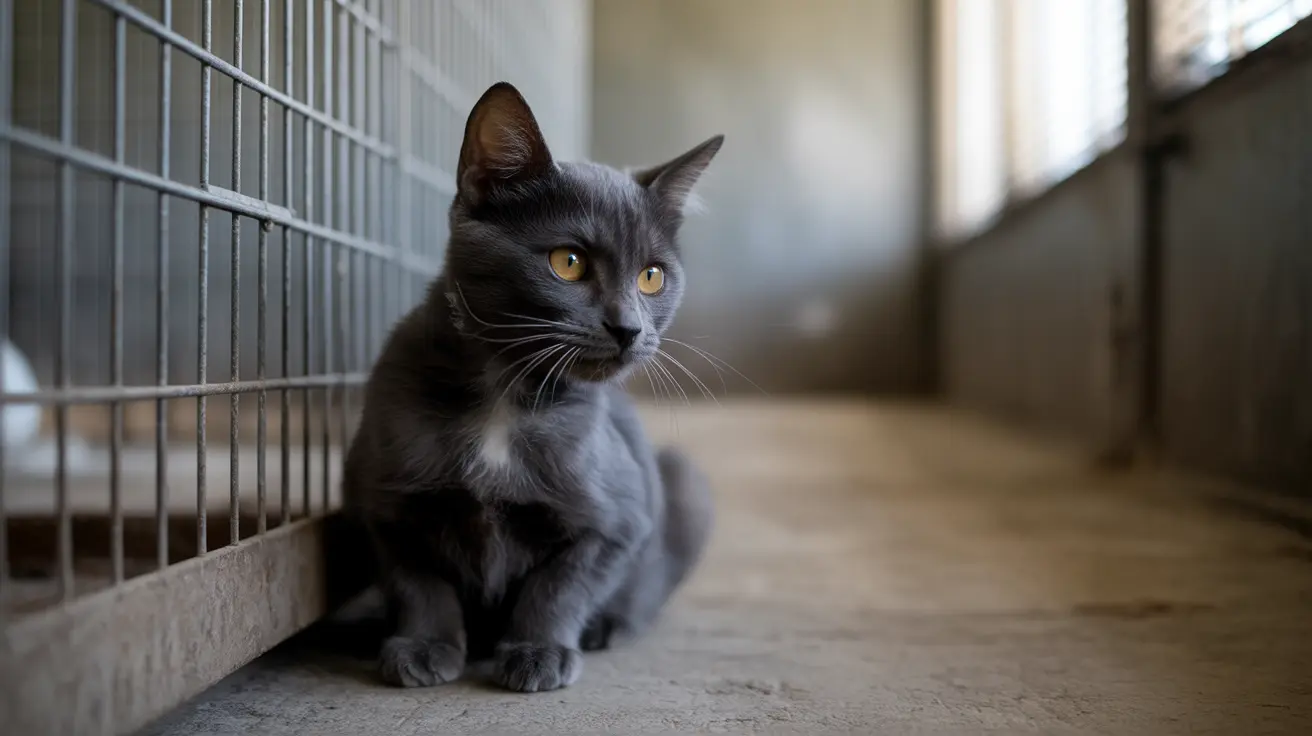Can Dogs Eat Vanilla Cake? What Pet Owners Need to Know
Many pet owners love to include their furry companions in celebrations, but when it comes to sharing desserts like vanilla cake, caution is essential. While dogs may enjoy the occasional sweet treat, not all ingredients in human cakes are safe for them.
Is Vanilla Cake Safe for Dogs?
A very small piece of plain vanilla or sponge cake without any toxic ingredients may be safe for dogs on rare occasions. However, these types of cake are not designed for canine consumption and often contain high levels of sugar and fat that can adversely affect your dog’s health.
Harmful Ingredients Commonly Found in Cake
Standard vanilla cakes for humans usually include one or more ingredients that are harmful or even dangerous to dogs:
- Chocolate – toxic even in small quantities
- Xylitol – a sugar substitute that can cause rapid insulin release, leading to hypoglycemia and possible liver failure
- Macadamia nuts – cause vomiting, weakness, and tremors
- Raisins and grapes – associated with kidney failure in dogs
- Alcohol – found in pure vanilla extract, extremely toxic to dogs
- Nutmeg – can cause hallucinations and seizures
Any cake containing these ingredients should never be shared with your dog.
Dairy and Eggs: Tolerability Varies
Vanilla cakes often contain eggs and dairy products. While eggs are generally safe, some dogs may be allergic. Additionally, many dogs are lactose intolerant, and consuming dairy-rich frosting or fillings may lead to gastrointestinal issues.
The Long-Term Impact of Sugary Foods
Even if a vanilla cake doesn’t contain any outright toxic ingredients, it’s still far from healthy. Repeated or large servings of cake can lead to:
- Obesity
- Dental disease
- Diabetes
- Pancreatitis
These conditions seriously deteriorate a dog’s quality of life and may require lifelong management.
Better Alternatives to Cake
If you want to celebrate a special occasion with your dog, consider safer treat alternatives:
- Plain cooked lean meats
- Dog-safe vegetables like carrots, pumpkin, or sweet potato
- Unsweetened apples (without seeds and core)
- Commercial dog treats
- Dog-safe baked goods (with ingredients like oat flour, banana, or pumpkin)
Special Dog-Friendly Cakes
There are pet bakeries and recipes specifically formulated for dogs which eliminate harmful ingredients and use minimal or no sugar. Look for treats labeled dog-friendly and always check the ingredients.
What to Do If Your Dog Eats Vanilla Cake
Should your dog accidentally eat vanilla cake, assess the situation:
- Check the ingredients – look for toxic substances
- Monitor your dog – watch out for vomiting, diarrhea, lethargy
- Withhold food for 12–24 hours if mild upset occurs
- Seek immediate veterinary help if the cake contained chocolate, xylitol, grapes, or macadamia nuts
Key Signs of Toxicity
- Repeated vomiting
- Weakness or collapse
- Pale gums
- Abdominal pain
Responsible Treat Giving
Always serve treats in your dog’s bowl rather than from the table, as feeding from your plate may encourage bad habits and behavioral issues.
Can Dogs Eat Vanilla Extract or Pods?
- Small amounts of cooked vanilla extract in baked goods pose little risk, since the alcohol evaporates during baking.
- However, pure vanilla extract or essence (uncooked) contains significant amounts of alcohol and is toxic to dogs.
- Vanilla pods are not harmful but offer no nutritional benefit.
Final Thoughts
While a tiny piece of plain vanilla cake isn’t likely to be harmful if free from toxic ingredients, it’s not recommended as part of any regular diet. Choose treats specifically made for dogs to celebrate safely and promote long-term health.





